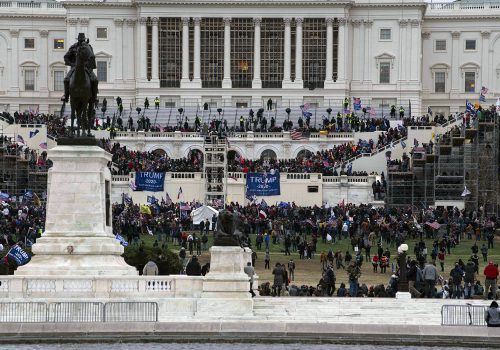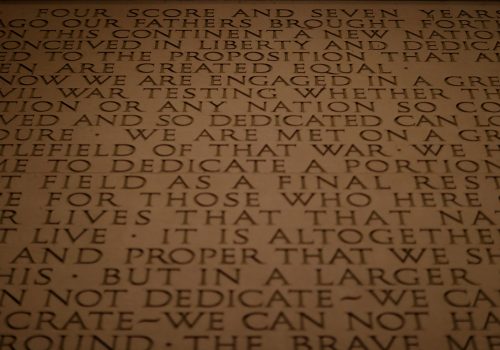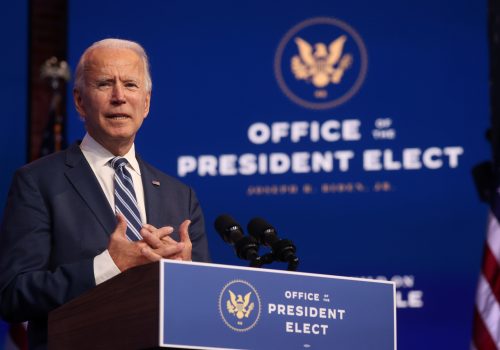It all depends on what happens next
“I will not equivocate—I will not excuse—I will not retreat a single inch—and I will be heard.”
William Lloyd Garrison
January 6 was a dark day for American democracy. To advance his authoritarian attempt to overthrow a democratic election in which he was defeated, US President Donald Trump summoned and incited his most extreme supporters. They stormed the US Capitol and dispersed members of Congress in session to complete the election process and make Joe Biden president. A mob summoned by the US president halted democracy in America.
Trump demonstrated depraved irresponsibility and should be answerable for the mayhem and violence. Arguably, he fomented sedition.
But this isn’t just about Trump. The Republican Party has indulged and supported Trump for many years, both fearing him and finding him useful. Even before Trump’s presidency, the Republican Party—with too few exceptions, especially among its elected leaders—was growing more radicalized or tolerant of radicalization. After two months of accommodating Trump’s wild and baseless accusations of election fraud, it came all too late yesterday when Republican leaders suddenly recoiled at what they had wrought. The attack on the Capitol was the logical result of indulging extremists.
In the short term, order was restored. Congress returned in a more somber mood and, early on January 7, completed the formal steps for President-elect Biden to take his oath of office on January 20. Trump will leave office.
The long-term damage to America depends on what happens next.
Much depends on whether Republicans turn away from radicalization. Will they, at long last, look at what they have become, change course, and work with Biden, a centrist and conciliatory leader? Or will they revert to the cynical obstructionism of the Obama years?
I suspect that some of them—hopefully enough of them—will act with a sufficient sense of responsibility to allow the country to rebuild its institutions. Just maybe, the shock of coming under assault by “their” mob in the Capitol will restore their sense of decency and civic duty.
Keep in mind that the terrible day that just passed is not the first test of America’s institutions, nor will it be the last. In 1968, Washington, DC and many other cities were in flames, Americans were fighting and losing a war overseas, and society seemed to be dissolving. We got through it.
The American nation is not an ethnic one. It exists only through its ideal of democracy—its conviction that all are created equal. Devotion to that ideal, as Abraham Lincoln recognized, is what makes us Americans. The United States fought a civil war over the question of whether we were a White Man’s Republic or a new nation based on our founding principles. We started extending that vision around the world because we believed that our nation would prosper, and perhaps could only prosper, in a world where the values that lie at the heart of our nation also prospered.
In the wake of this ordeal, some will argue that the United States no longer has a right to say anything to the world—that we should shut up and fix ourselves. Indeed, we need to be humble and recognize that, as a people, we are as prone as any to the blindness and evils to which people are prone. But our ideals, the core of our nation, are universal as well as inalienable.
American democracy has faced a serious test. It will face others. Democracy everywhere is facing such tests. Those who support democracy need to face them together.
Daniel Fried is the Weiser Family distinguished fellow at the Atlantic Council. He was the coordinator for sanctions policy during the Obama administration, assistant secretary of State for Europe and Eurasia during the Bush administration, and senior director at the National Security Council for the Clinton and Bush administrations. He also served as ambassador to Poland during the Clinton administration. Follow him on Twitter @AmbDanFried.
Further reading
Image: People run away from tear gas as pro-Trump supporters storm the United States Capitol Building after a March to Save America Rally on January 6, 2021 in Washington, DC, USA. Photo: Joel Marklund/BILDBYRÅN via Reuters


